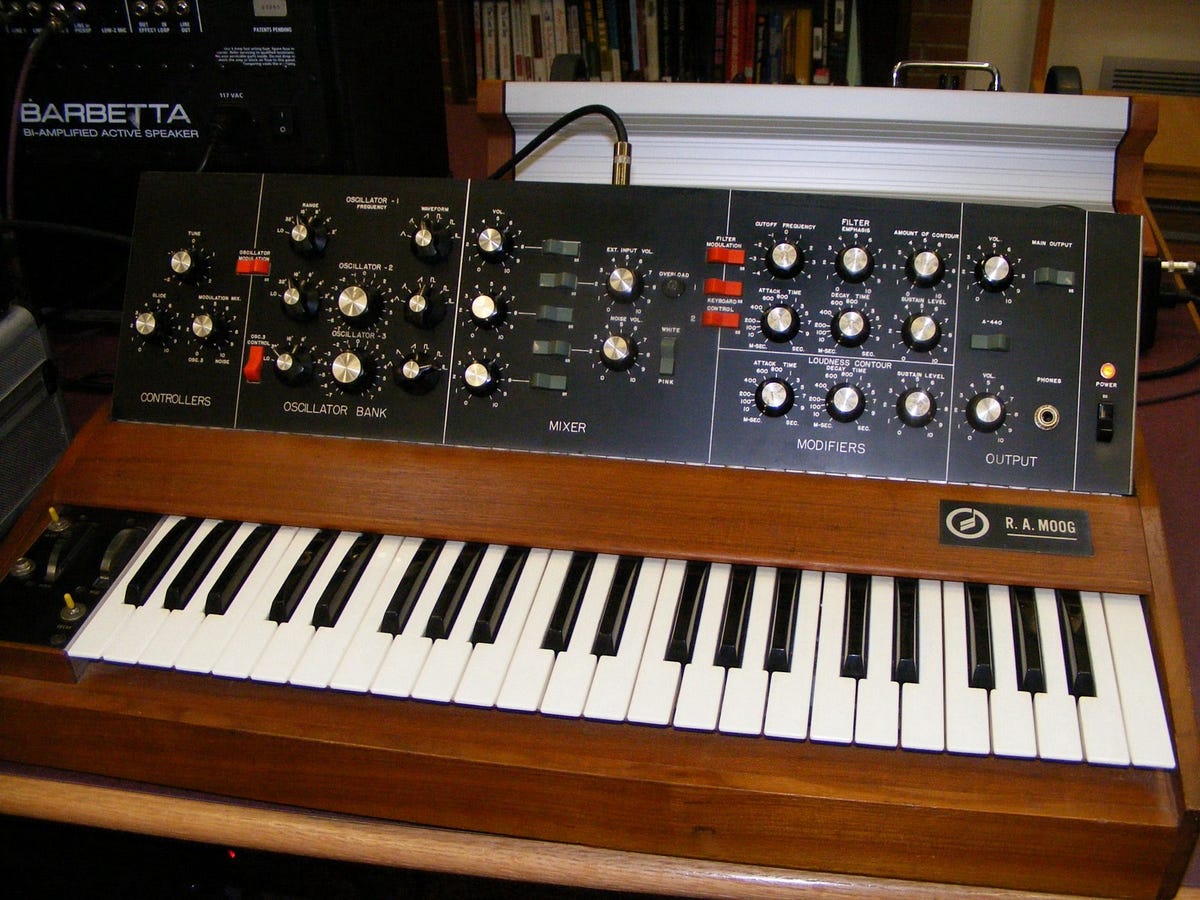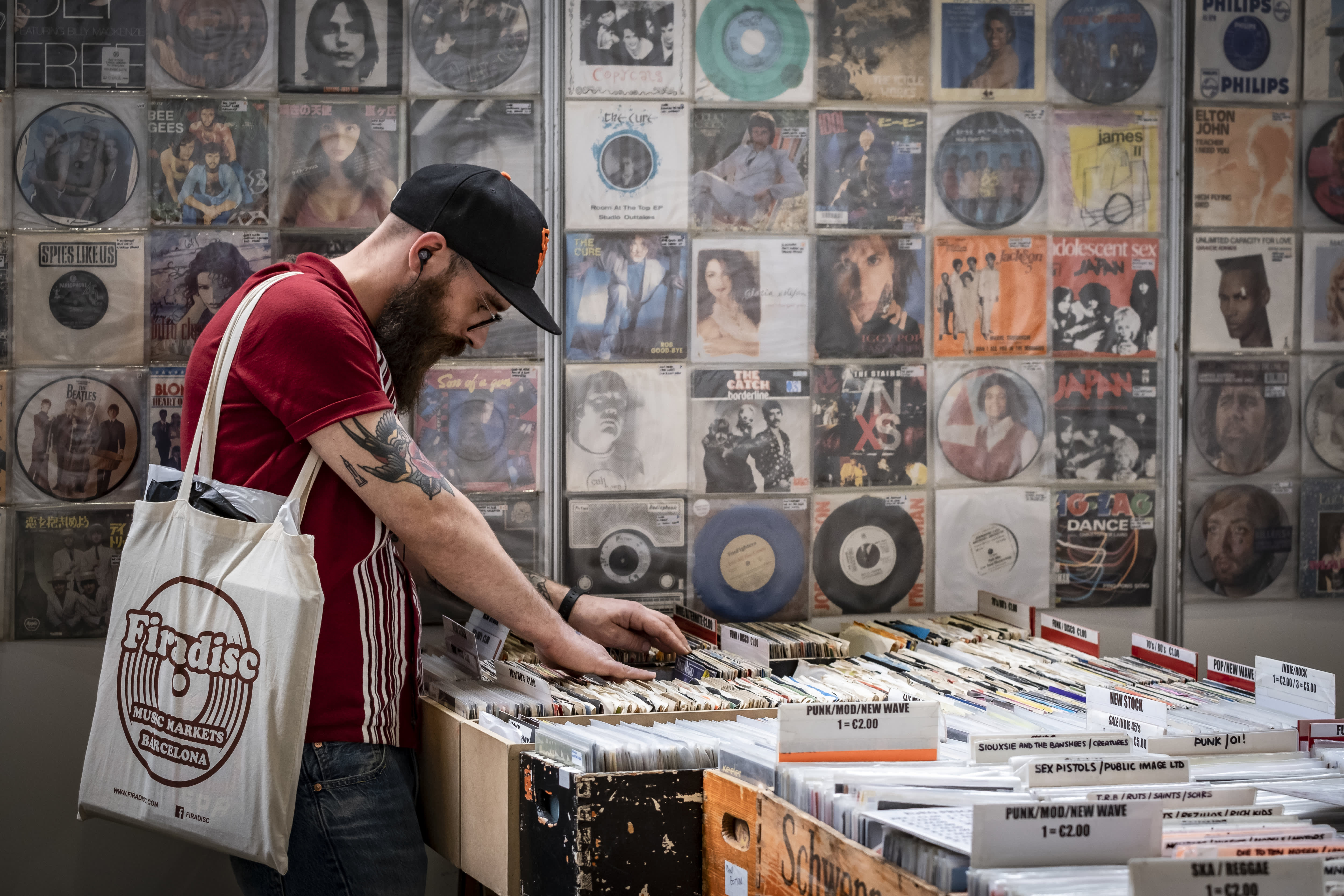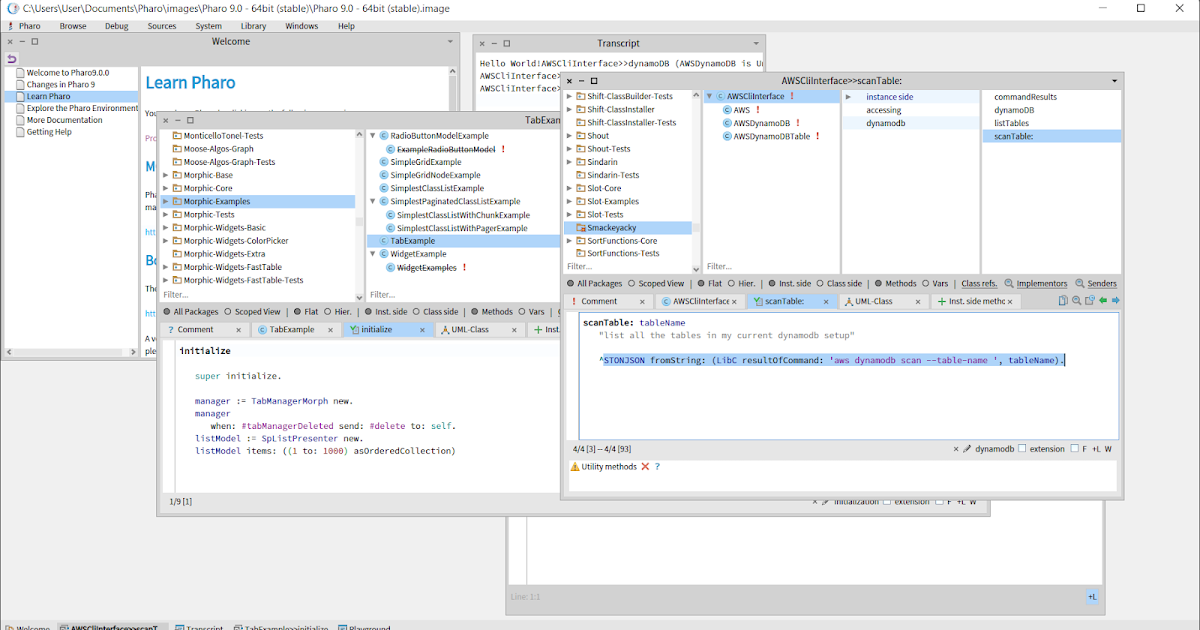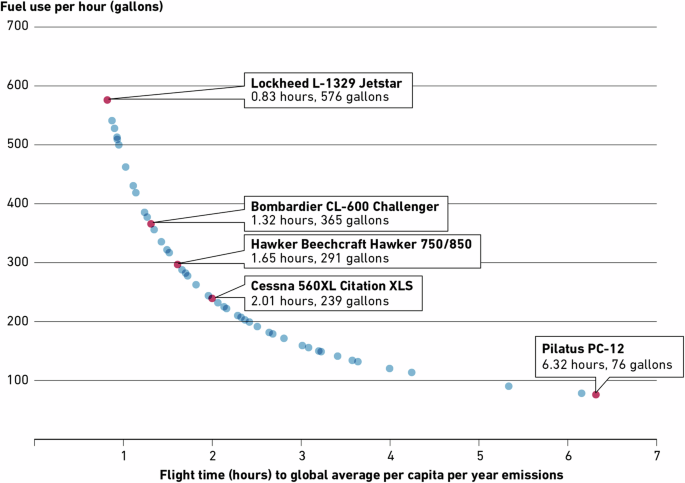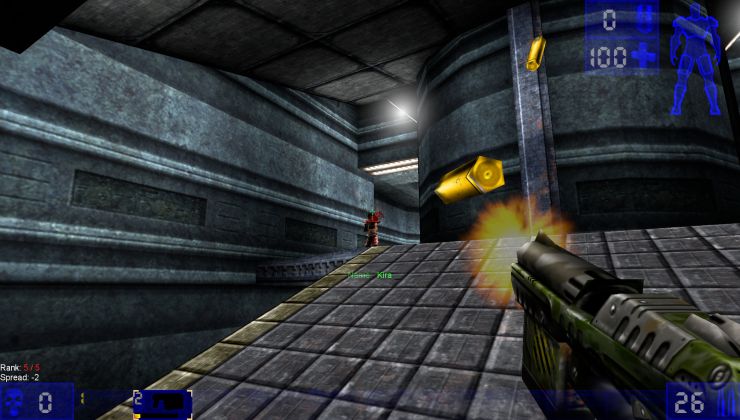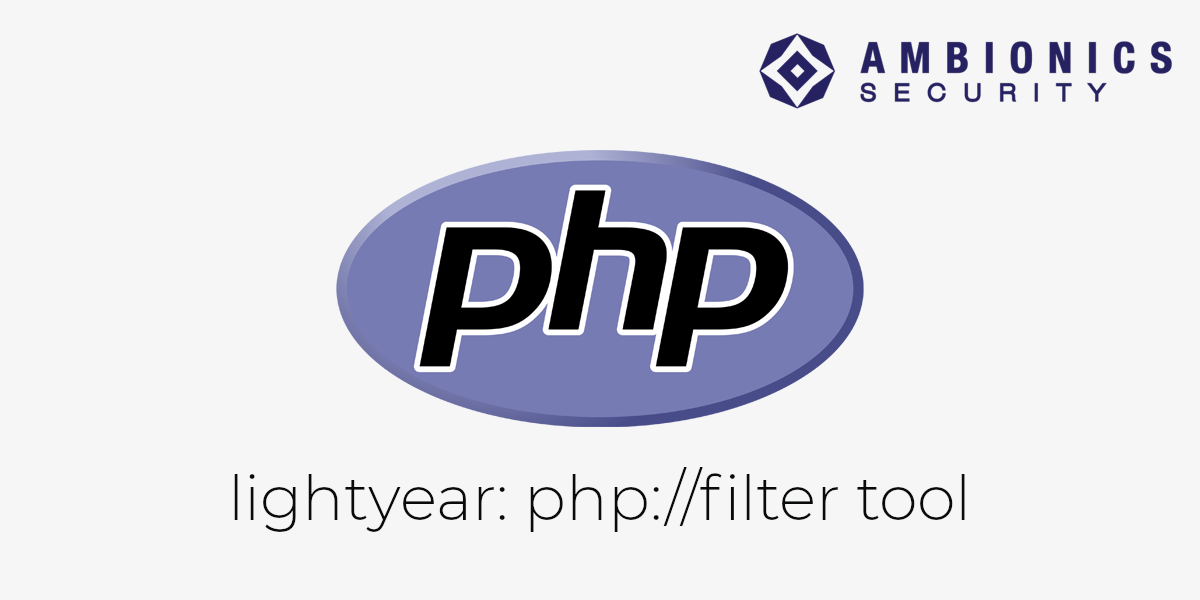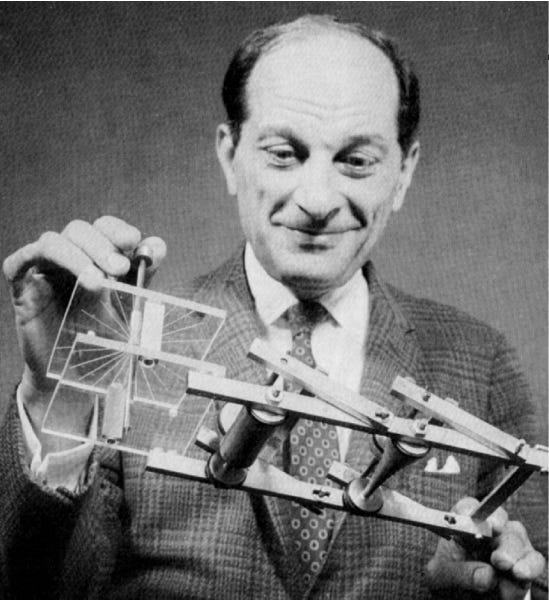
Music production on Power: an adventure in porting
[Here's a guest post from taylor.fish on their porting work on music and audio software. I thought it made a good tutorial on porting and also is a great way to show off the diverse things people are doing on OpenPower. Like all guest and first-party posts on Talospace, this article remains the property of the original author and may be distributed under CC-BY-SA 4.0. -- Ed.]
For the past five years, I’ve used a Blackbird as my primary computing device. Prior to that I used x86 systems flashed with Libreboot, but aging hardware running unsupported firmware only gets you so far.
The switch to a truly owner-controlled Power ISA system was a welcome one, but it wasn’t without its growing pains. I could no longer assume any given piece of Linux-compatible software would successfully compile and run on my machine, due to the small but significant portion with architecture-specific issues. That didn’t deter me from continuing to use my Blackbird as my main device, but when I wanted to get back into music production, I knew I would have to confront this problem: my previous endeavors, although sticking entirely to free software, were all on x86.
Of particular importance in digital music production are plugins, which include instruments like synthesizers and samplers, effects like equalizers and reverb, and analysis tools like spectrograms and oscilloscopes. While there are some excellent plugins released as free software, they are vastly outnumbered by proprietary ones, and it takes dedication to commit to producing music only with free software. Not wanting that uphill battle to feel more like a cliff, when I discovered that some of those plugins wouldn’t run on Power, I was determined to change that fact rather than lose what few tools I had.

